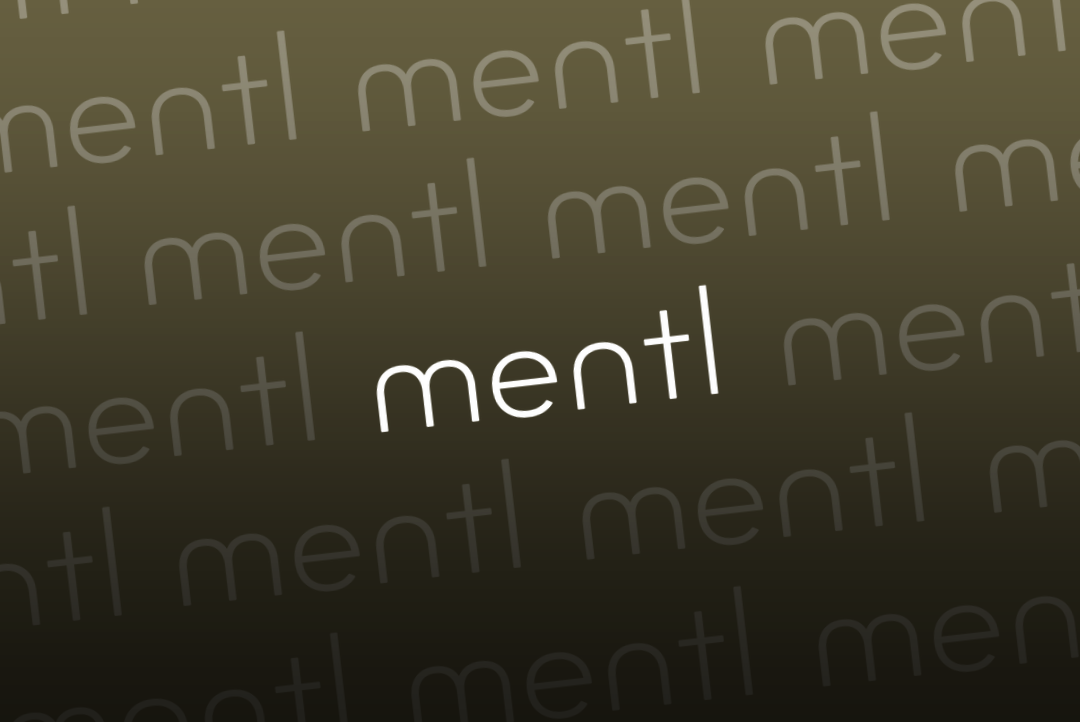Exam pressure: Are our children paying too high a price for success?
Having survived in a world without physical exams during the pandemic, Sara Hedger, child protection safeguarding consultant, asks is now the right time to review the whole exam process to see if it’s still fit for purpose?
Are the stakes in high stake testing, too high?
I am not going to give you tips to manage stress or how children can approach exams without damaging their positive mental health because it is not children that need to be ‘fixed’ but rather the systems and environments that we provide for them so they can thrive mentally and physically. They are just wonderful the way they are, and we need to give them every chance to shine.
Exam season can increase stress levels in households for the whole family and can contribute to a disruption in even the most calm, nurturing environments. Whilst the factors that contribute to a young person’s mental health are complex, research and statistics often cite exam stress as a significant factor in increasing emotions that are overwhelming and can feel unmanageable, potentially leading to very poor outcomes for some children.
I have been working in education for 25 years and am always happy to celebrate success with children, whether in an exam, a performance or sporting/creative achievement. However, my thoughts are also with those who don’t do as well as they, or their parents expected.

Sadly, I have experienced some incredibly tragic circumstances over the years where this perceived ‘failure’ has served as a trigger to a downward spiral in mental health issues where children have felt that they have let down their parents, teachers or themselves and have felt helpless and unable to manage the resulting emotions. This then resonates with teachers who feel they have let the children down and parents who feel that they have not done enough.
Let’s be honest, it isn’t the exam itself that creates the stress (it’s really just a series of questions), but the high stakes testing context and the importance we, as educators and parents and then ultimately children pick up and place upon it. To be fair, regulators, governments and higher education establishments also have their part to play because many education systems rely on these quite blunt measures of educational success. We also know it’s not that easy to change a global system, and there are many countries relying on exam grades as a measure not only of their children’s success but the success at a country level.
At least an acknowledgement that there may be other ways to define and measure academic achievement would be a start. It might sound like I am against testing children, (I am definitely not) and have used assessment throughout my teaching career to help me understand where children are and need to be and to help children understand their next steps for learning. However, I am wary of the amount of importance we give to the one exam at the end of a period of study. For some children, they enjoy the challenge of exams as it gives them a chance to shine in what they excel at, but many do not.
As a teenager who really wasn’t ready to study and enter higher education, this ‘one chance’ testing was a real problem. Thankfully I had parents who communicated that doing my best was more important than the actual exam grades, which was lucky really, as I failed all my exams except Biology, which was the only subject I actually enjoyed. I had a wonderful teacher who accepted my quirks and poor behaviour as a challenge for him to present information in a way that would engage me, rather than a child to be fixed.
I love my adopted country, the UAE, and have worked in international, and now local education for the last 10 years. There have been many changes in this time where the government has looked to address and balance the needs of children, higher education, business and society, with more and more schools providing alternative pathways to the traditional exams, creating opportunities for personalized study, entrepreneurship, technology, creativity in the arts and opportunities to excel in sport. Providing an holistic education that celebrates the whole child and allows everyone to achieve and experience success.
I remain hopeful and believe the tide is turning, fuelled by the demands of the pandemic, opportunities for AI to disrupt the status quo and a recognition that education and business models are changing and the knowledge and skills we needed 100 years ago to be successful, are not necessarily the same now.
We need to build resilience in children by helping them cope with stress levels that are manageable with proven strategies and self-talk, (what would we do without our incredible school counselling teams?) This is part of life and helps prepare them for the rigors of adult life, but assessment needs to be fit for purpose and therefore is high stakes testing, really the answer in the 21st century? The rise in research on factors that contribute to poor mental health and the will of governments, education, and businesses to work together to make this better gives me hope. Are we starting to measure our success as a society against a much wider measure of humanity?
